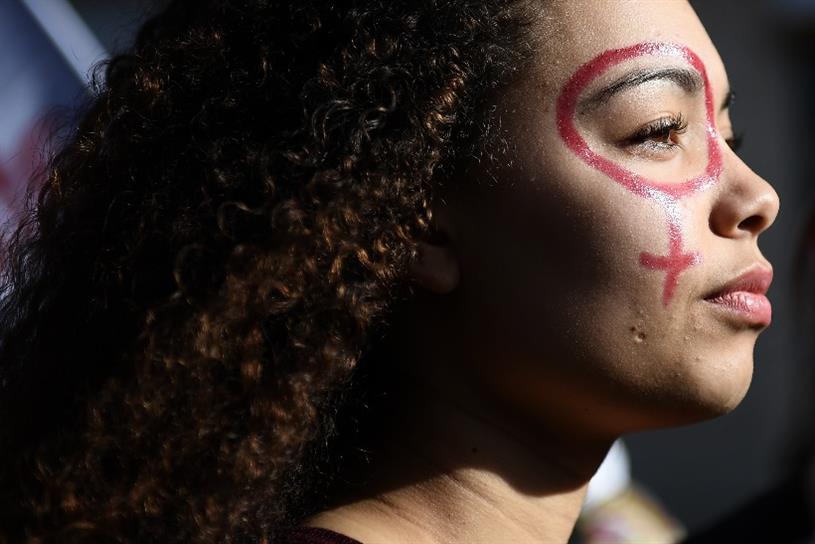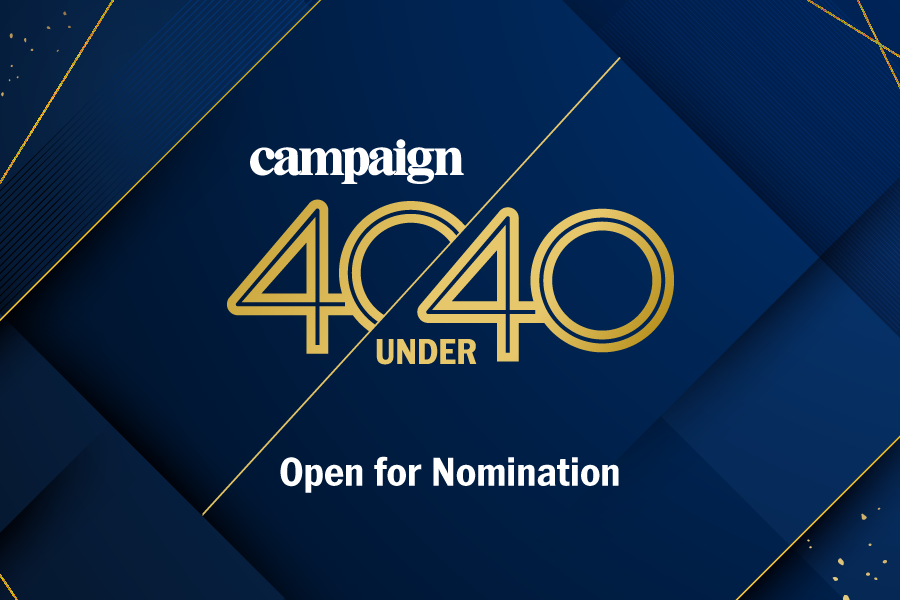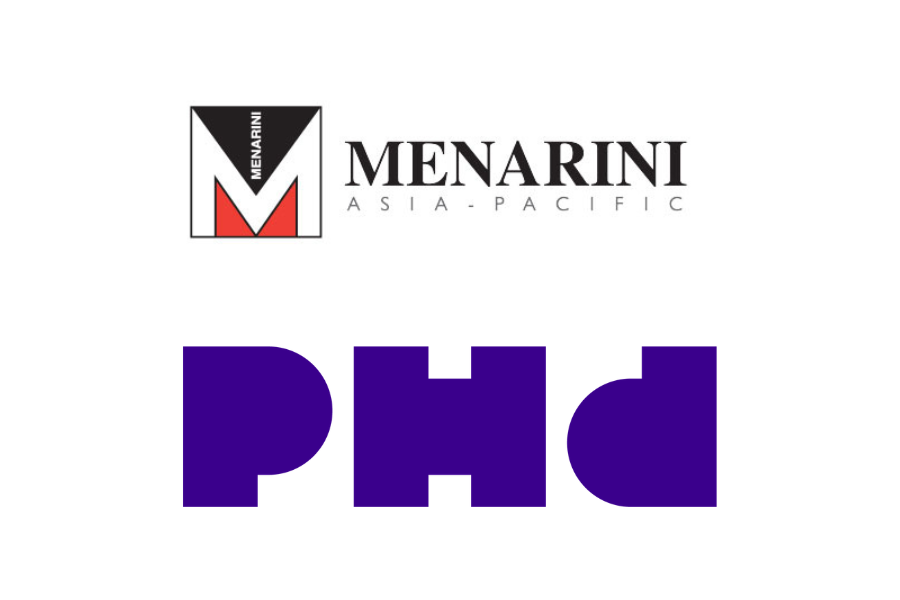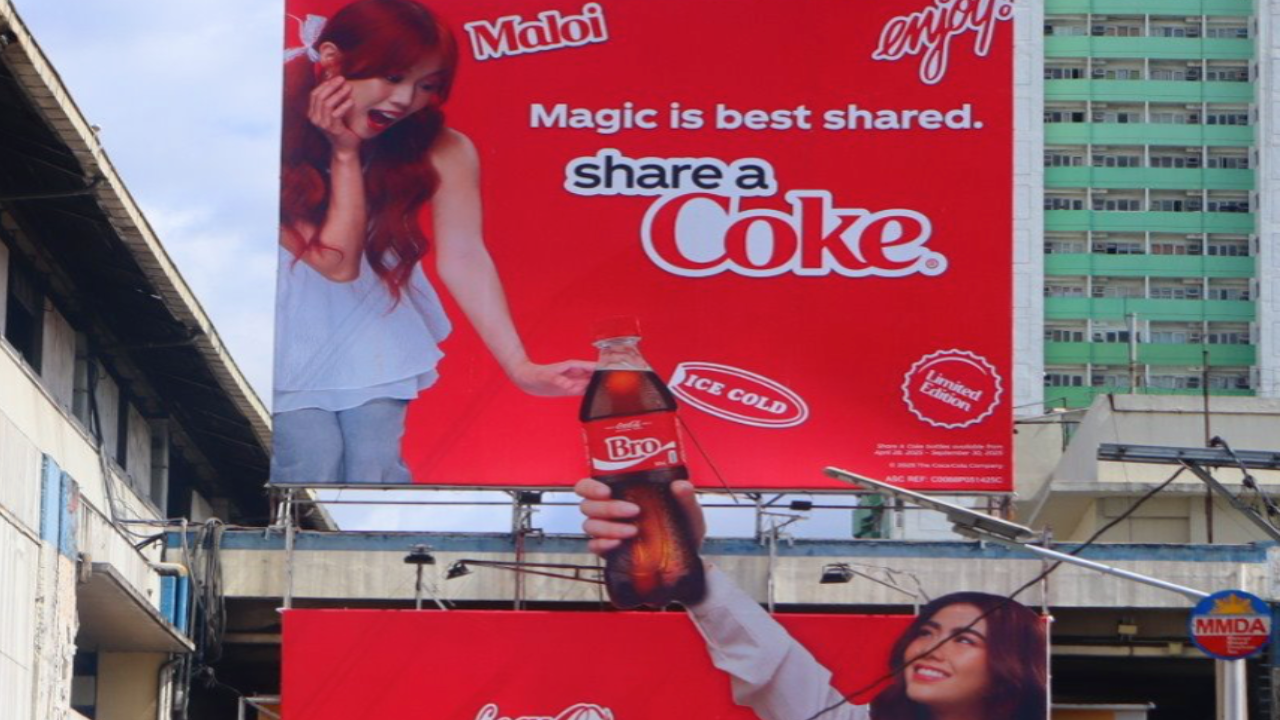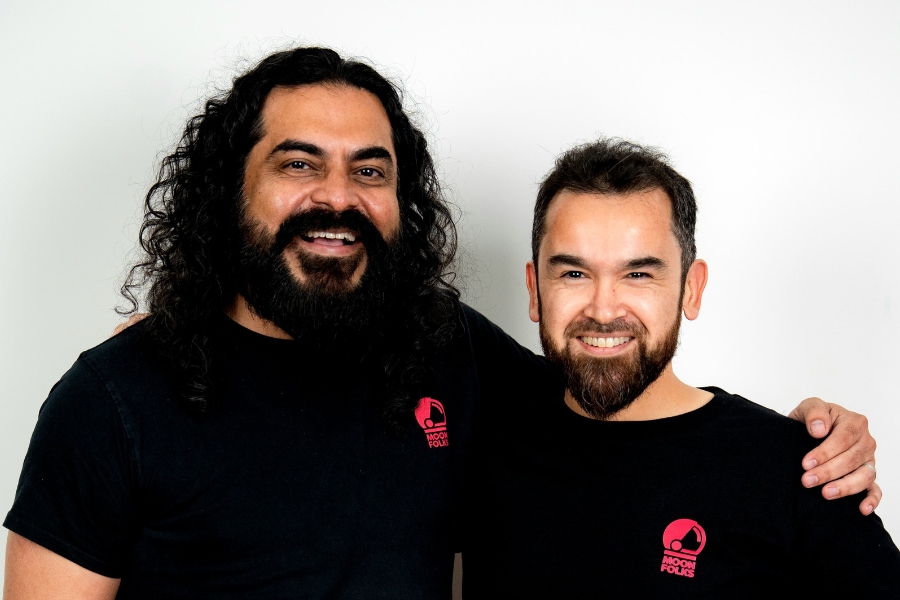March is Women’s History Month, and with it comes International Women’s Day on March 8. We’ve seen in past years that to commemorate the holiday, marketers will put their best faces forward to spotlight women and women’s issues in their campaigns. But is it enough? And how can we do better?
According to the very consumers brands are trying to reach, it turns out only highlighting women on International Women’s Day is not enough. A new gen-pop study from Berlin Cameron and Perksy found that women want brands to think beyond International Women’s Day, not just look at it as a way to drive sales: Of the more than 1,000 female respondents, 89% of women think women’s issues shouldn’t just live in March and should be talked about all year long. In addition, 30% of women think brands advocating for women in ads is just an excuse to drive sales, and 17% of women think these moments are just used by marketers to talk about themselves and that they really don’t do much to help women’s initiatives.
That’s not to say the messaging should stop altogether, though. Half of women think brands should still address these key moments in their ads and marketing because 37% believe brands have the power to solve some of women’s most pressing issues. This is driven by Millennials and Gen Zers, who’ve grown up with brands taking a leadership role in key issues they care about. These younger consumers have a powerful voice and desire to make an impact that brands are starting to (and should) listen to.
Take it from the respondents themselves: "Use diverse women and representation always, not just as a marketing ploy. it’s bigger than that and should be treated as such," said one. Another noted, "Be authentic and don’t do something for profit and for only one day/month a year!"
There’s promising news out there, too. Some brands are doing it well and connecting to women on a year-round basis, giving them inspiration and tools to grow. So what can brands take away from our findings? Here are our top takeaways.
The power lies with the people. In our poll, 73% of women think women's issues can also be solved by regular citizens and would like the brands to empower them to address the issues they face in their communities. Especially when there’s an actionable component for people to get involved, a long-term commitment vs. one-off campaigns are preferred. Take the 1000 Women initiative at Goldman Sachs: They’ve built a network of more than 100 academic and non-profit centers that provide tools and training to women business owners. Women in 56 countries benefit from the program. That’s a real commitment that makes an impact versus a one-off commercial that will soon be forgotten.
Brands that address women authentically year-round are the most memorable. Brands can also continue to use their voices to bring awareness to women’s issues and donating to causes that help them. Secret’s "All Strength, No Sweat" was also one of the best-liked campaigns among respondents. Secret put a spotlight on unequal pay for female pro soccer players and helped to solve the issue through their pay equity work around the World Cup, where they donated $23K a player and a total of $529K to the players’ fight. Additionally they’ve sponsored the previously unknown Women’s Football League and had a spot on the Super Bowl featuring soccer players Carli Lloyd and Crystal Dunn kicking a field goal This year-round effort gives Secret the right to have messaging during Women’s History Month and on IWD. They've been playing all along, so their messaging during the cultural moment seems authentic,
That doesn’t mean that the extra attention in March isn’t appreciated: Women still see an opportunity to elevate and raise awareness around issues during the month, but it can’t be just symbolic. It has to have meaning and support behind it or consumers will call brands out. Take, for instance, when McDonald’s flipped its logo from an icon "M" to a "W" for the month of March in 2018. The backlash was swift because consumers felt it was a cheap ploy by a company that has fought against increases to the minimum wage and other initiatives that would help their own female employees.
Brands should speak to the next generation of women, too. Respondents brought up the need to address young girls and empowering them with information and tools to help them succeed. One respondent said, "By not just focusing on the grown women but little girls as well, to show them that they have the potential to become someone great and wonderful and that they don’t have to conform to what society wants them to be." Another said, "First support girls. They need a strong foundation as they grow to become women!" Given that for International Women’s Day 2020 the UN is embarking on an initiative called Generation Women to build an equal future, this seems especially relevant.
Women want more diversity in the way they’re portrayed. There’s a cry to see more different body types (72%) and less sexualization of women and showing them in stereotypical contexts, although more than half (63%) of women think advertising has come a long way in accurately representing women. One success story is Dove’s "Real Beauty" campaign, which rose to the top as a favorite among respondents as the brand represents women of all shapes and sizes in an inclusive and diverse way 365 days a year. There’s still work to be done, though.
Our biggest learning is that one month isn’t enough to make women feel seen and heard. And doing that is not just about driving sales, it’s about making an impact on the issues that surround women daily. As the president of an advertising agency who works with female founders, I take my commitment to a more personal level by investing in women-founded brands, shopping female-founded companies and connecting women through a networking initiative I launched last year. One person might make a small impact, but other leaders could take note. Perhaps one of the respondents said it best: "Never let the conversation stop. Especially brands that are for women, it should be a part of the company’s mission statement to help move the issues that surround women forward."
Jennifer DaSilva is president at NYC agency Berlin Cameron.

If you're interested in new ideas and strategies to promote diversity and inclusion, we will be hosting Campaign Leading Change 2020 Conference & Awards (formerly Women Leading Change) on May 28 at the Raffles Hotel in Singapore.

